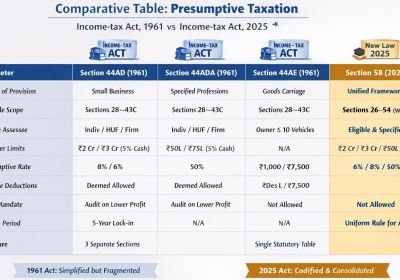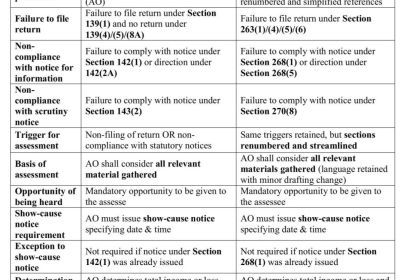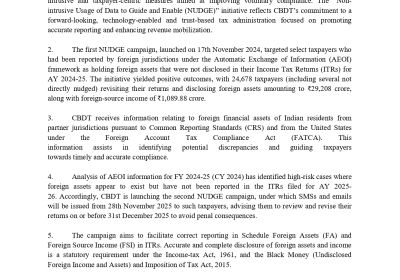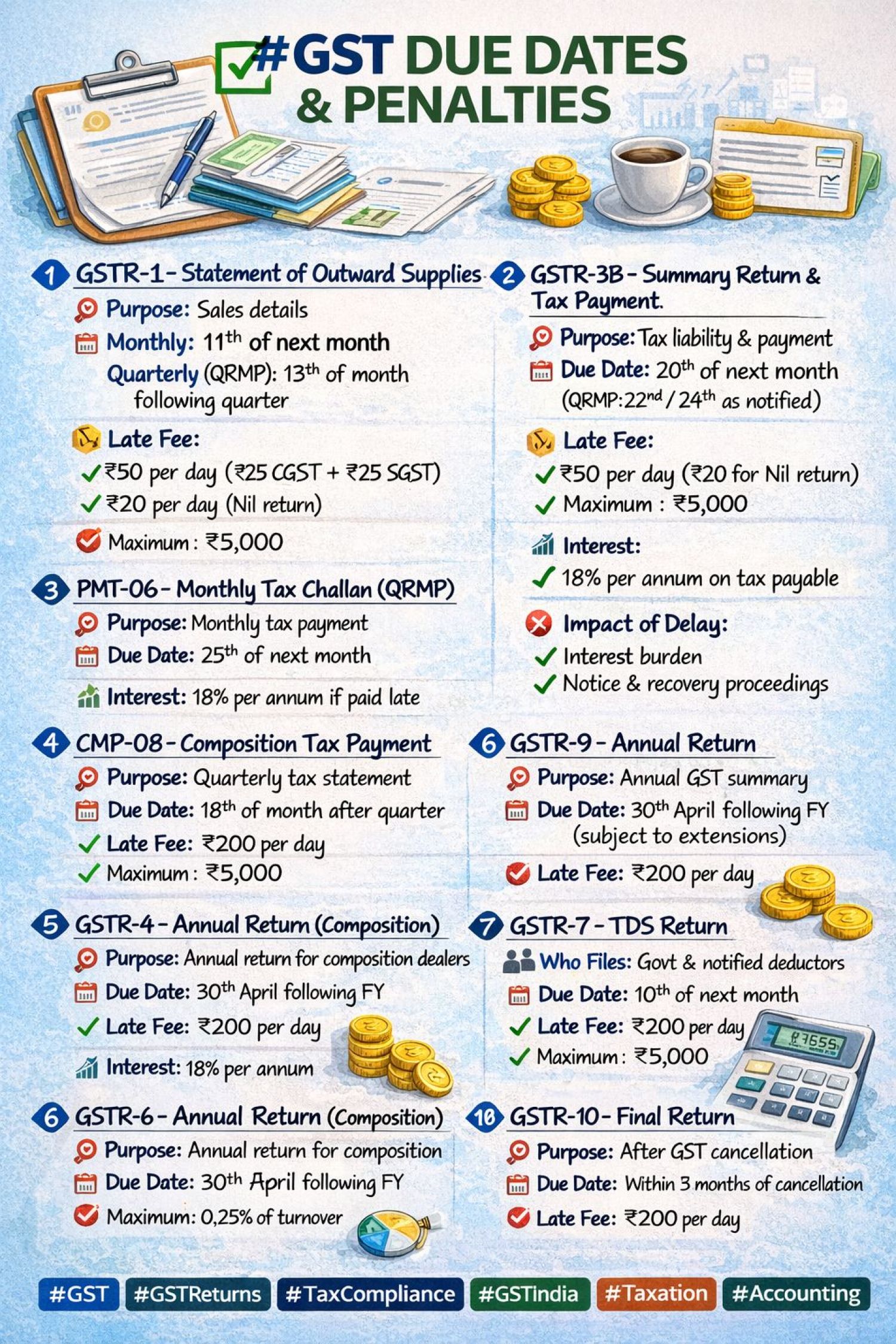Table of Contents

Income Tax Treatment on Listing Gains IPO
Many IPOs are priced at a premium, many investors consider recording gains on the first day of trading. This is a good opportunity to achieve significant returns in a short amount of time. Are you aware that there are tax issues that you should consider?
Gains in the stock market have tax implications. Gains on the selling of stock securities are taxed as capital gains. The tax burden is determined by the length of time that shares are held. Gain occurring on the transfer of equity shares held for less than one year is considered short term gain. If these are held for more than a year, however, the gain will be taxable as long-term gain.
"If the IPO shares are sold within 12 months of purchase, the realised gain or loss will be considered a short-term capital gain or loss and will be taxed at 15%." If the investor sells the shares after one year, it is classified as a long-term capital gain, which is taxable at 10% if the gain exceeds Rs. 1 lakh. Long-term capital gains of up to Rs. 1 lakh are exempt from taxation," he noted.
Taxpayers must file Tax return on gain or loss from an initial public offering (IPO) in their income tax returns.
Short-term capital loss can be offset against short-term/long-term capital gain under income tax laws. If a taxpayer can't deduct a short-term capital loss this year, he or she can carry it forward for up to eight years if they file an ITR this year.
Using the example of XYZ, see how listing gains should be taxed correctly.
Let's say you applied for 20 XYZ shares for Rs 1125 apiece, and they were listed at Rs 2018. If you sold the shares after allotment on the first day of trading, you would have made a profit of Rs 17860. According to the Income Tax Law, this is a capital gain.
Long Term or Short-term Capital Gain on IPO?
Profit and Gains made on equities stocks are kind as long term & short term capital gains which form basis for their computation on income tax taxation.
|
Holding period |
Rate of Tax |
Type of gain |
|
12 months or more |
Exempted up to Rs 1 lakh per year (inclusive of all equity-oriented mutual funds) 10% without indexation for over Rs 1 lakh |
LTCG |
|
12 months or less |
15% + Cess (If STT is paid) |
STCG |
So because shares were sold shortly after they were issued, your gain of Rs 17860 is considered a short-term capital gain and is taxed at 15% (with surcharge) (if any)
As a consequence, you'll owe percent * 17860 = Rs 2679 in short-term capital gains tax [excluding of Cess and Surcharge]. Please keep in mind that the basic exemption limit will only apply if the taxpayer has no additional sources of income.
Setting Off Of Short-Term Capital Gain Against Capital Short-Term Capital Loss
You can deduct any short-term capital loss from your short-term/long-term capital gain. Long-term capital loss, on the other hand, cannot be avoided. Only long-term capital gain will be able to offset this.
If you can't deduct the loss this year, you can carry it forward for up to eight years if your income tax return is filed this year. It's also possible that an investor suffers loss instead of instead of gains. In this situation, the investor can set off & carry forward the losses under the Income Tax Act.

















